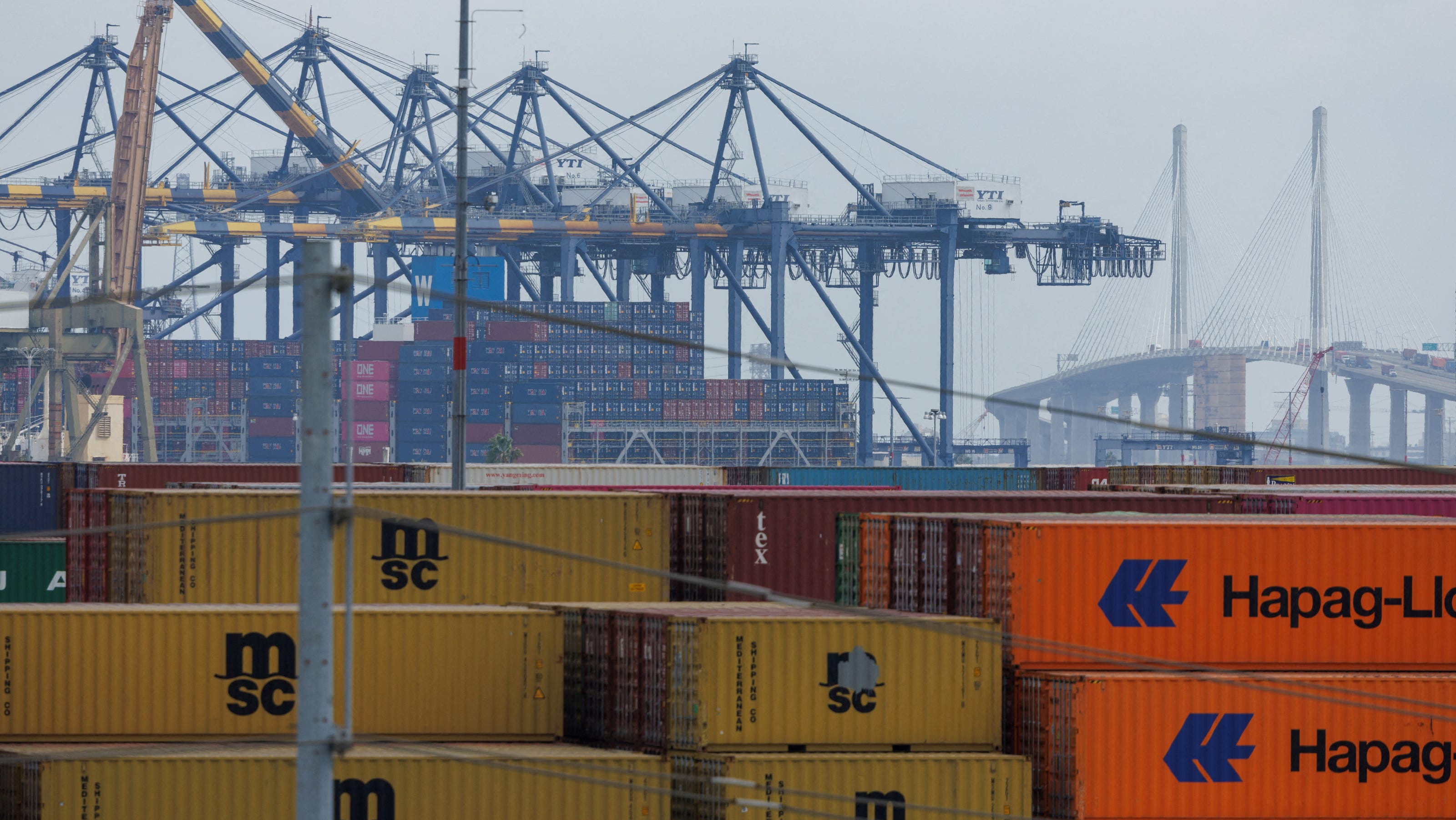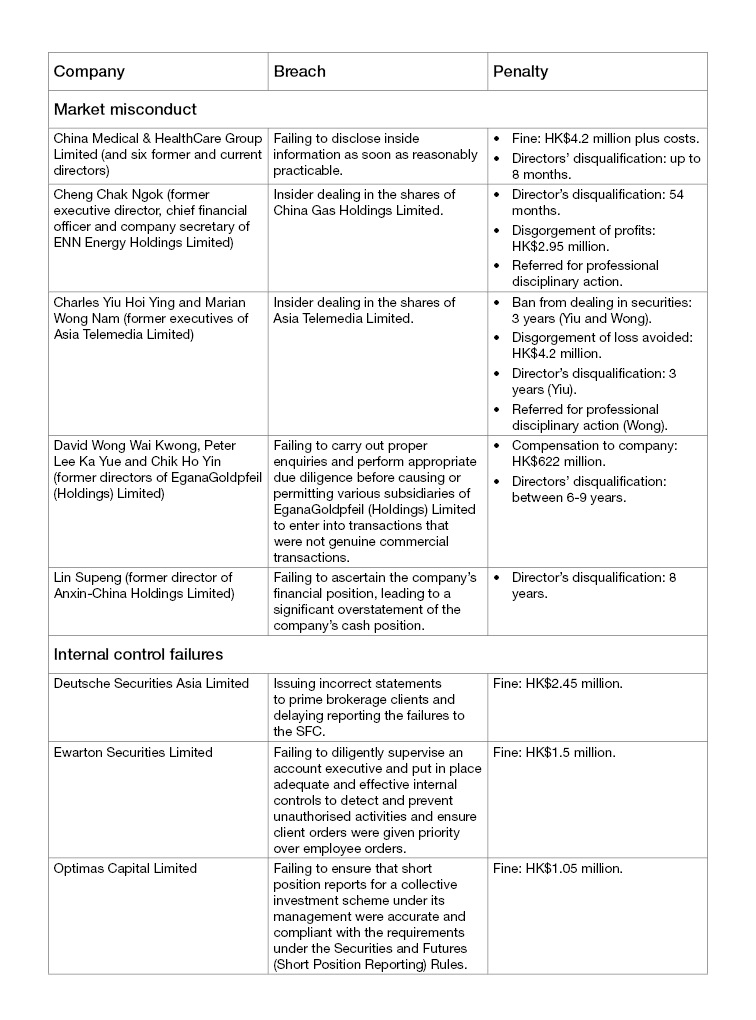Canadian Tariffs: Dow's Alberta Megaproject Suffers Significant Delays

Table of Contents
The Impact of Canadian Tariffs on Project Costs
The escalating costs associated with the Dow project are significantly linked to Canadian tariffs. These tariffs affect both the importation of necessary materials and the exportation of finished products, impacting profitability and project timelines.
Increased Input Costs
Canadian tariffs on imported materials, essential for the construction and operation of the petrochemical plant, have driven up costs considerably. These tariffs affect a range of materials, including:
- Specialized Steel: Tariffs on specific grades of steel required for the plant's construction have resulted in a reported 15% increase in steel costs, according to industry sources.
- High-Tech Equipment: Import duties on sophisticated machinery and equipment, crucial for the plant's operation, have added millions of dollars to the project's budget. Estimates suggest these costs are at least 10% higher than initially projected.
- Specialty Chemicals: The project requires various specialty chemicals in its manufacturing process, and tariffs on these imports have further contributed to increased input costs.
These increased input costs directly impact the project's overall profitability and have forced Dow to re-evaluate its financial projections. The substantial cost overruns are a direct result of the current Canadian tariff structure, highlighting the need for a more favorable trade environment for large-scale projects.
Export Challenges
Canadian tariffs don't just affect imports. Even though the finished products from the Dow project are intended for international markets, export tariffs and related trade barriers influence the overall viability of the investment.
- Reduced Global Competitiveness: Tariffs on exported petrochemicals reduce the project's global competitiveness, making it harder to compete with producers in countries with more favorable trade policies.
- US Market Access: A significant portion of the target market for the project's output is the United States. Navigating the complexities of US-Canada trade relations, including potential retaliatory tariffs, adds further challenges and uncertainty.
- Alternative Export Options: Exploring alternative export options requires significant additional investment and logistical planning, adding further complexity and delaying the project's completion.
Regulatory Hurdles and Permitting Delays
Beyond the direct impact of Canadian tariffs on project costs, the regulatory landscape also plays a significant role in the delays. The complexities of navigating Canadian regulations are further exacerbated by the economic uncertainties introduced by tariffs.
Navigating Complex Regulations
Obtaining the necessary permits and approvals for a project of this magnitude is a lengthy and intricate process. The added economic uncertainty introduced by Canadian tariffs complicates this further:
- Economic Projections: Tariffs significantly impact the economic projections used to justify the project’s viability and secure regulatory approvals. Revised projections necessitate lengthy revisions and resubmissions to regulatory bodies.
- Regulatory Backlog: The already lengthy approval process is often exacerbated by regulatory backlogs, which are further strained by the influx of applications and revisions arising from tariff-related economic uncertainties.
- Consultation Periods: Public consultations, a crucial component of the approval process, can be extended due to concerns about the long-term economic impacts of tariffs and the project's overall viability.
Environmental Assessments and Approvals
Stringent environmental regulations in Canada necessitate comprehensive assessments and public consultations, contributing to the project's extended timeline. Canadian tariffs indirectly impact these assessments as well:
- Mitigation Costs: Increased input costs, caused by tariffs, directly influence the cost of environmental mitigation measures, potentially leading to further delays.
- Public Concerns: Concerns about the economic viability of the project, largely fueled by tariff-related uncertainties, can increase public scrutiny and prolong the environmental assessment phase.
Economic Consequences and Implications for Alberta
The delays in the Dow project have far-reaching economic consequences for Alberta and Canada. The impact on job creation and investor confidence is particularly significant.
Job Creation Delays
The project's delays directly translate to lost job opportunities:
- Construction Jobs: Thousands of construction jobs have been delayed, impacting local economies reliant on this type of large-scale development.
- Operational Jobs: The delayed start of operations means fewer long-term jobs in the petrochemical sector, further impacting employment in Alberta.
- Indirect Jobs: The ripple effect extends beyond direct employment, impacting businesses and communities supporting the project.
Investment Uncertainty
The project's delays create significant uncertainty, deterring potential future investors in Alberta:
- Investor Confidence: The challenges faced by Dow send a negative signal to potential investors, hindering future large-scale industrial projects in the province.
- Economic Diversification: Alberta’s efforts to diversify its economy are hampered by the difficulties faced by this major project.
- Long-Term Economic Growth: The delays create uncertainty about Alberta's long-term economic growth trajectory, especially concerning its energy sector.
Conclusion
The delays affecting Dow's Alberta megaproject highlight the significant and multifaceted challenges created by Canadian tariffs on large-scale industrial investments. The cumulative impact of increased input costs, regulatory hurdles, and export challenges represents a considerable setback. The economic implications for Alberta and Canada are substantial, impacting job creation, and investor confidence. To improve the investment climate and stimulate economic growth, a comprehensive review of Canadian tariff structures and regulatory processes is urgently needed. Addressing the challenges posed by Canadian tariffs is paramount to unlocking the potential of major projects and ensuring a vibrant future for Canada’s energy and petrochemical sectors. A proactive approach to tariff reform is crucial for attracting future investments and fostering sustainable economic growth in Alberta and beyond.

Featured Posts
-
 Regulatory Nod For Hengrui Pharmas Hong Kong Listing
Apr 29, 2025
Regulatory Nod For Hengrui Pharmas Hong Kong Listing
Apr 29, 2025 -
 Office365 Security Breach Results In Significant Financial Losses Federal Case
Apr 29, 2025
Office365 Security Breach Results In Significant Financial Losses Federal Case
Apr 29, 2025 -
 Effective Adhd Management Through Group Support
Apr 29, 2025
Effective Adhd Management Through Group Support
Apr 29, 2025 -
 Capital Summertime Ball 2025 Tickets How To Get Yours
Apr 29, 2025
Capital Summertime Ball 2025 Tickets How To Get Yours
Apr 29, 2025 -
 Europe On Edge Analyzing Recent Russian Military Moves
Apr 29, 2025
Europe On Edge Analyzing Recent Russian Military Moves
Apr 29, 2025
